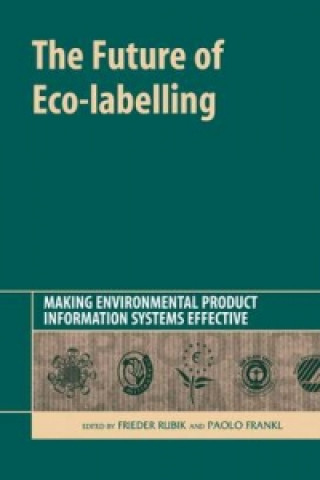
Kod: 05017804
Future of Eco-labelling
Autor Frieder Rubik, Paolo Frankl
Eco-labelling is one of the key tools used by policy-makers in many parts of the world to encourage more sustainable production and consumption. By providing environmental information on products and services, eco-labels address b ... więcej
- Język:
 Angielski
Angielski - Oprawa: Twarda
- Liczba stron: 357
Wydawca: Taylor & Francis Ltd, 2005
- Więcej informacji o książce

Zobacz książki o podobnej tematyce
Podaruj tę książkę jeszcze dziś
- Zamów książkę i wybierz "Wyślij jako prezent".
- Natychmiast wyślemy Ci bon podarunkowy, który możesz przekazać adresatowi prezentu.
- Książka zostanie wysłana do adresata, a Ty o nic nie musisz się martwić.
Więcej informacji o Future of Eco-labelling
Za ten zakup dostaniesz 240 punkty
 Opis
Opis
Eco-labelling is one of the key tools used by policy-makers in many parts of the world to encourage more sustainable production and consumption. By providing environmental information on products and services, eco-labels address both business users and consumers and range from mandatory approaches, such as required product declarations, to voluntary approaches, such as national eco-labels. Eco-labels can play an important role in environmental policy. They reward and promote environmentally superior goods and services and offer information on quality and performance with respect to issues such as health and energy consumption. Eco-labels fit well into a multi-stakeholder policy framework - as promulgated recently by the EU's integrated product policy (IPP) - since the development of criteria for labels and the acceptance in the market requires the involvement of a wide range of different parties, from government and business, to consumers and environmental organisations. However, many eco-labelling schemes have had troubled histories, and questions have been raised about their effectiveness. So, are eco-labels an effective tool to foster the development, production, sale and use of products and to provide consumers with good information about the environmental impacts of those products? Is eco-labelling useful to business as a marketing tool? What factors contribute to the development of successful schemes? More than ten years after its establishment, can the EU Flower be considered a success? Are national eco-labels such as the German Blue Angel and the Norwegian White Swan more effective? Should eco-labels be harmonised? Are eco-labels achieving their original aim of fostering sustainable production and consumption? For which product groups are ISO type I eco-labels appropriate and inappropriate? Are other labels, such as mandatory, ISO type II and ISO type III labels more effective in some cases? Are eco-labels focusing on the main environmental policy targets or just on "low-hanging fruit"? Are eco-labels really linked to other tools of IPP? The Future of Eco-labelling provides answers to all of these questions. Based on a major EU research exercise, the book plots a course for policy-makers to address some of the historic problems with eco-labelling, to learn what works and what doesn't and to move forward with schemes that can make a real difference to sustainable production and consumption. The book analyses the conditions under which eco-labelling schemes-both mandatory and voluntary-are or can become an efficient and effective tool to achieve given objectives; assesses previous experiences with eco-labels in different European countries and the relationship of these schemes with business strategies, IPP and market conditions; defines strategies aimed at linking eco-labels with other IPP measures; explores how eco-labels can be used to encourage sustainable consumption patterns, create green markets, foster innovation and development of green products and services, and implement multi-stakeholder initiatives; and sets out detailed recommendations for the future of eco-labelling. The book will be required reading for policy-makers, businesses involved with eco-labelling schemes and researchers interested in the development of sustainable production and consumption and IPP worldwide.
 Szczegóły książki
Szczegóły książki
Kategoria Książki po angielsku Society & social sciences Society & culture: general Social issues & processes
410.40 zł
- Pełny tytuł: Future of Eco-labelling
- Autor: Frieder Rubik, Paolo Frankl
- Język:
 Angielski
Angielski - Oprawa: Twarda
- Liczba stron: 357
- EAN: 9781874719878
- ISBN: 187471987X
- ID: 05017804
- Wydawca: Taylor & Francis Ltd
- Waga: 738 g
- Wymiary: 163 × 242 × 26 mm
- Data wydania: 01. May 2005
Ulubione w innej kategorii
-

The Second Sex
34.47 zł -14 % -

White Tears Brown Scars
48.70 zł -14 % -

When Helping Hurts
69.34 zł -4 % -
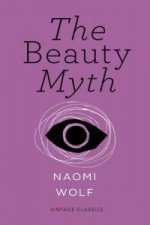
The Beauty Myth
28.85 zł -23 % -

Violence and the Sacred
169.77 zł -

Good Immigrant
54.31 zł -

Wolf Nation
159.34 zł -

Stuart
51.60 zł -23 % -

Population Wars
81.07 zł -5 % -

The Lucifer Effect
58.92 zł -26 % -

Superforecasting
52.11 zł -15 % -

Sensate Focus in Sex Therapy
174.38 zł -
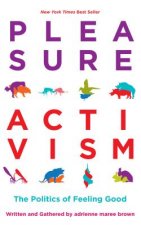
Pleasure Activism
85.38 zł -4 % -

Drama Of Being A Child
47.09 zł -23 % -

Alcoholics Anonymous Big Book
117.45 zł -

Vulture
65.03 zł -23 % -

Regarding the Pain of Others
51.60 zł -23 % -
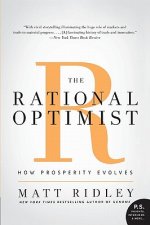
Rational Optimist
88.49 zł -10 % -
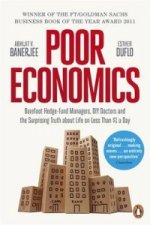
Poor Economics
52.11 zł -15 % -

Violence
52.11 zł -15 % -

Psychopath Free
85.38 zł -4 % -

Shock Doctrine
69.84 zł -14 % -

The Divide
52.11 zł -15 % -

Silently Seduced
58.72 zł -18 % -

The Feminine Mystique
48.70 zł -14 % -

Toxic Parents
60.82 zł -23 % -

Soft Power
73.25 zł -5 % -
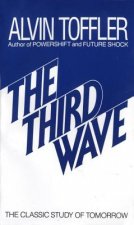
Third Wave
41.48 zł -15 % -
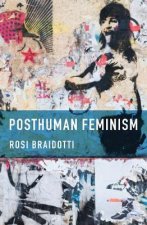
Posthuman Feminism
92.70 zł -

No Logo
51.60 zł -23 % -

Courage To Heal Workbook
127.57 zł -

Illness as Metaphor and AIDS and Its Metaphors
60.82 zł -23 % -

Down and Out in Paris and London
42.48 zł -23 % -
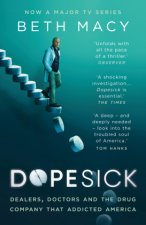
Dopesick
37.57 zł -26 % -

Presence
77.16 zł -5 % -

Facing the Shadow
164.65 zł -5 % -

Last Days at Hot Slit - The Radical Feminism of Andrea Dworkin
80.77 zł -11 % -

A Room of One's Own
35.17 zł -3 % -
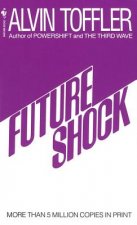
Future Shock
46.09 zł -25 % -
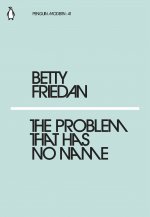
Problem that Has No Name
8.91 zł -33 % -

Your Silence Will Not Protect You
65.43 zł -23 % -

Social Animal
60.93 zł -15 % -
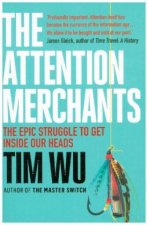
Attention Merchants
53.81 zł -15 % -
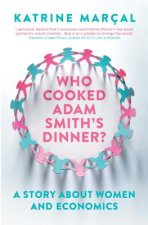
Who Cooked Adam Smith's Dinner?
51.60 zł -23 % -

Stiff Upper Lip
51.60 zł -23 % -

Power Elite
93.10 zł -5 % -

Eternal Treblinka
85.18 zł -5 % -

Go Ask Alice
42.48 zł -23 % -

Critical Race Theory (Third Edition)
92.70 zł -9 %
zadowolonych klientów
Od roku 2008 obsłużyliśmy wielu miłośników książek, ale dla nas każdy był tym wyjątkowym.
Copyright! ©2008-24 libristo.pl Wszelkie prawa zastrzeżonePrywatnieCookies




 21 milionów książek
21 milionów książek Dostawa 10.99 zł
Dostawa 10.99 zł (32) 444 93 66 (8-15.30h)
(32) 444 93 66 (8-15.30h)